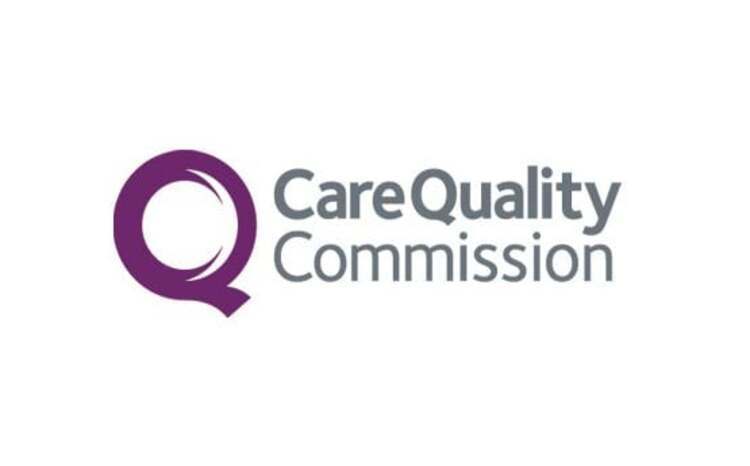CQC pledges to fix ‘poorly performing’ IT systems following review
- 16 October 2024

- The Care Quality Commission (CQC) has committed to fixing its regulatory platform and provider portal, following the publication of two damning reviews
- Reviews by Dr Penny Dash and Professor Sir Mike Richards found that the IT systems were functioning poorly
- Sir Julian Hartley, chief executive of NHS Providers, has been appointed as CQC's new chief executive
The Care Quality Commission (CQC) has committed to fixing its regulatory platform and provider portal, following the publication of two reviews which identified their “serious adverse impact” on staff and providers.
An interim report, by Dr Penny Dash, chair of the North West London Integrated Care Board, published in July 2024, had already named IT system problems among the reasons for the CQC’s “significant failings”.
In Dr Dash’s full review into the operational effectiveness of the CQC, published by the Department of Health and Social Care on 15 October 2024, she concludes that the “poorly performing” systems are hampering CQC’s ability to roll out its single assessment framework (SAF), which launched in 2021.
A new regulatory platform was introduced at CQC from 2021 onwards, which Dash says has caused “considerable frustration and time loss for providers and CQC staff”.
She adds that the CQC’s provider portal, which launched in 2023, resulted in “significant problems for users”.
Dash says that providers “cannot easily upload documents, there are problems if the named user is away or off sick and it can take hours to receive a password reset”.
Professor Sir Mike Richards’ independent review of CQC’s SAF and its implementation, published by CQC on 15 October 2024, also identified problems with the regulatory platform and provider portal.
“The regulatory platform has had a serious adverse impact on the working lives both of CQC staff and of those working in provider organisations who are expected to upload information onto a ‘provider portal’.
“People who use the platform say that there are, as yet, no signs that these problems are being resolved,” Prof Roberts writes.
He adds that work on incorporating datasets into assessments of services has been hampered by the slow progress with the new regulatory platform.
In conclusion Roberts says: “The new regulatory platform and provider portal are functioning poorly.
“This is causing distress to providers and to CQC staff and is contributing to major delays in report publication.”
In a statement responding to the two reports, published on 15 October 2024, CQC commits to ensuring it has “the right systems and tools in place to support its regulatory activity”.
“CQC is working to stabilise and fix its regulatory platform and provider portal in the immediate term.
“While it does this, CQC is exploring options for delivering assessment activity away from the current systems, so that it can rapidly assess, rate, and publish reports for the public.”
It adds that it is “urgently reviewing” the changes needed to the provider portal to improve the experience for providers.
Ian Dilks, chair of CQC, said: “We are committed to rebuilding trust in CQC’s regulation and are taking action to make sure we have the right structure, processes, and technology in place to help us fulfil our vital role of helping people get good care and supporting providers to improve.”
Meanwhile, Sir Julian Hartley, chief executive of NHS Providers, has been appointed as CQC’s new chief executive.
Wes Streeting, health secretary, said he was confident that Sir Hartley would provide the leadership needed “to address this crisis, improve patient safety, and restore confidence in the regulator”.


